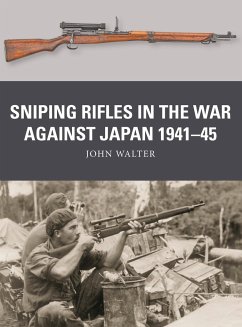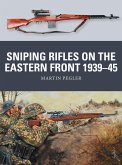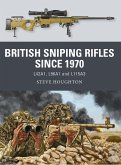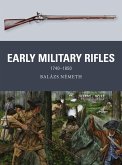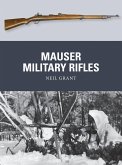Fully illustrated, this absorbing study explores the evolving sniping technology and tactics employed by both sides in Asia and the Pacific during 1941-45. During World War II, both the Japanese and their Allied opponents made widespread use of snipers armed with a variety of rifles, scopes and accessories and prepared by widely differing levels of training and tactical doctrine. The challenges of fighting in a variety of harsh environments, from the Pacific islands to the vast expanses of China, prompted improvisation and innovation on both sides in the ongoing war between snipers and their adversaries. Often operating at relatively close ranges in restrictive terrain, snipers made particularly ingenious use of camouflage and deception as the fighting spread across Asia and the Pacific in the wake of the Pearl Harbor attack, while troops tasked with countering enemy marksmen had to learn the hard way how best to defeat a seemingly invisible enemy. Small arms expert John Walter considers the strengths and limitations of the rifles, scopes and accessories deployed by Japanese snipers and their Allied counterparts, as well as their different approaches to sniping tactics and training. Specially commissioned artwork and carefully chosen photographs illustrate this enthralling study of the sniping war in Asia and the Pacific during World War II.
Hinweis: Dieser Artikel kann nur an eine deutsche Lieferadresse ausgeliefert werden.
Hinweis: Dieser Artikel kann nur an eine deutsche Lieferadresse ausgeliefert werden.

